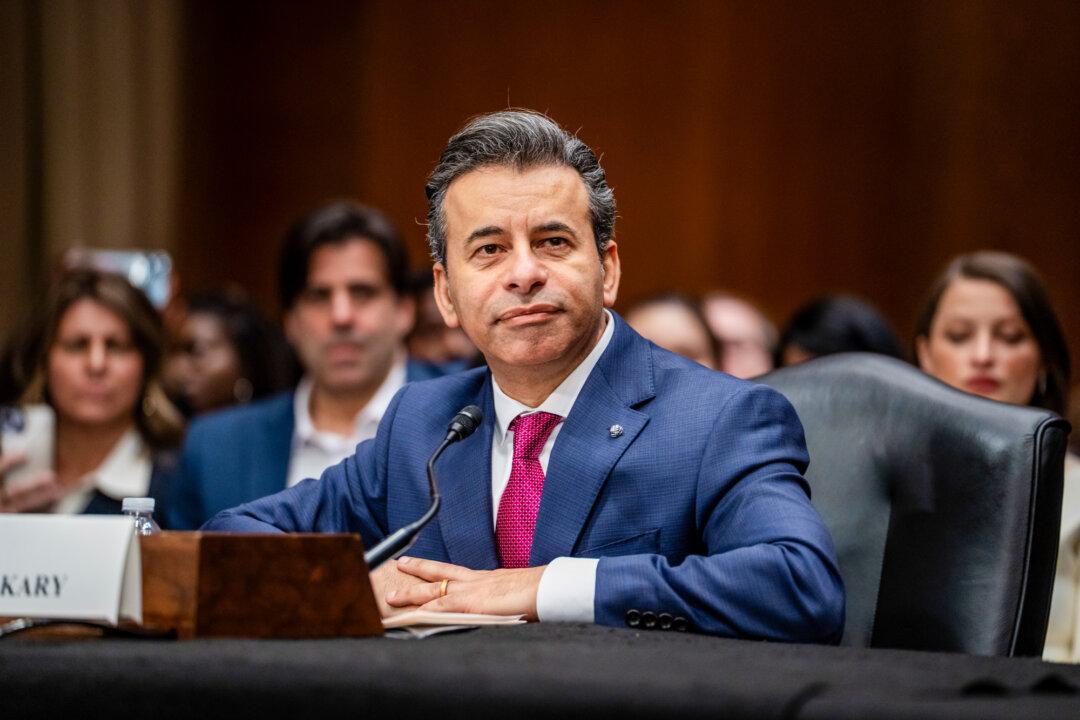The agency’s new commissioner announced the move.


The Food and Drug Administration (FDA) is removing pharmaceutical company representatives from advisory committees in a bid to limit industry influence.
Dr. Marty Makary, the FDA’s new commissioner, issued a directive that eliminates the role of pharmaceutical representative.
“Industry employees are welcome to attend FDA advisory committee meetings, along with the rest of the American public, but having industry employees serve as official members of FDA advisory committee members represents a cozy relationship that is concerning to many Americans,” Makary said in a statement on April 17. “In fact, the FDA has a history of being influenced unduly by corporate interests.”
The FDA has 32 different advisory committees, including panels that advise the agency on vaccines, food, and medical devices. Members are primarily a mix of federal employees and experts who do not work for industries.
But each FDA committee has an industry representative and an alternate industry representative. The Vaccine and Related Biological Products Advisory Committee, for instance, had a Pfizer officer and a Dynavax officer listed on the roster for its most recent meeting.
The industry representatives do not vote on what advice to convey to the FDA, but “offer perspective of a pharmaceutical company,” Kim Witczak, who has served on several FDA advisory committees, told The Epoch Times in an email.
“Sometimes they will say something that could influence or sway the discussion. I always wondered why they were on the committee,” she said.
The FDA did not release Makary’s directive but described it as limiting people employed at companies regulated by the FDA, such as pharmaceutical firms, from serving as members of FDA advisory committees.
“Today’s action will not preclude employees of regulated companies from attending or presenting their views at advisory committee meetings or serving as representative members of the committee when required by statute,” the agency stated. “Also, exceptions can be made in rare circumstances (i.e., when the scientific expertise in an area is only available from an employee of an FDA-regulated company) provided that the official strictly complies with the applicable ethics requirements.”
Makary said the directive was issued to make sure scientific evaluation of new products is independent.
“Public trust in the healthcare-industrial complex is at an all-time low. We need to restore impeccable integrity to the process and avoid potential conflicts of interest,” he said.
PhRMA, a trade group for the pharmaceutical industry, did not respond to a request for comment.

